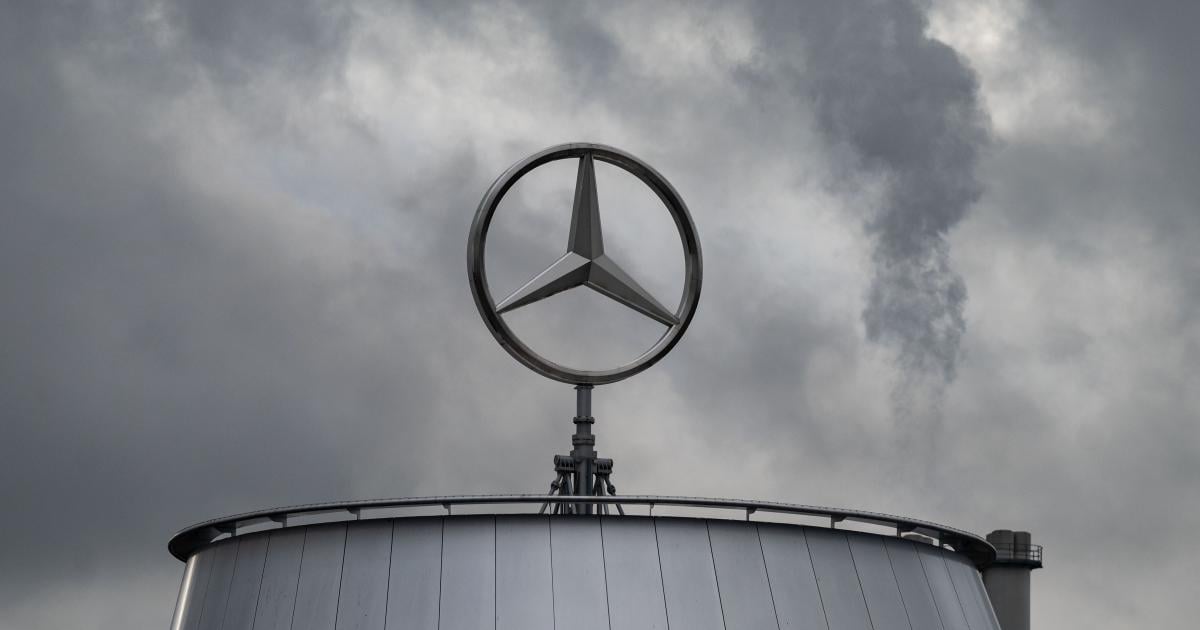Despite expanding the list of sanctioned individuals and entities, the amount of blocked assets in Switzerland has decreased by 1.7 billion francs since November 2022. The decline is primarily attributed to poor price development of Russian stocks. However, other factors such as the fall in interest-bearing securities due to rising interest rates and the decrease in foreign currency values against the Swiss franc have also contributed to lower values for blocked assets.
There are currently 17 properties blocked in seven cantons, along with luxury vehicles, art, and furniture. Despite an increase in many stock prices since November 2022, the release of initially blocked assets totaling 140 million francs and the addition of new individuals and companies to the sanctions list have affected the volume of blocked assets. Investigations into previously sanctioned entities have also increased the amount of blocked assets.
The decrease in value of Russian stocks is seen as a sign that economic sanctions against Russia are effective, although they have yet to achieve their main goal of stopping Russia’s aggression in Ukraine. Additionally, a significant amount of Russian Central Bank’s assets are also blocked in Western countries, including Switzerland. At the end of February 2024, around 7.2 billion francs worth of Russian central bank funds were blocked in Switzerland. Despite this economic and financial damage caused by sanctions, Russia has continued its aggressive actions in Ukraine. Efforts to evade sanctions have led to administrative criminal proceedings, but their impact on Russia’s behavior remains limited.
Overall, it seems that while economic sanctions may be effective to some extent in reducing private Russian financial assets blocked in Switzerland and other Western countries



